June 2, 2025 | 21:05 GMT +7
June 2, 2025 | 21:05 GMT +7
Hotline: 0913.378.918
June 2, 2025 | 21:05 GMT +7
Hotline: 0913.378.918
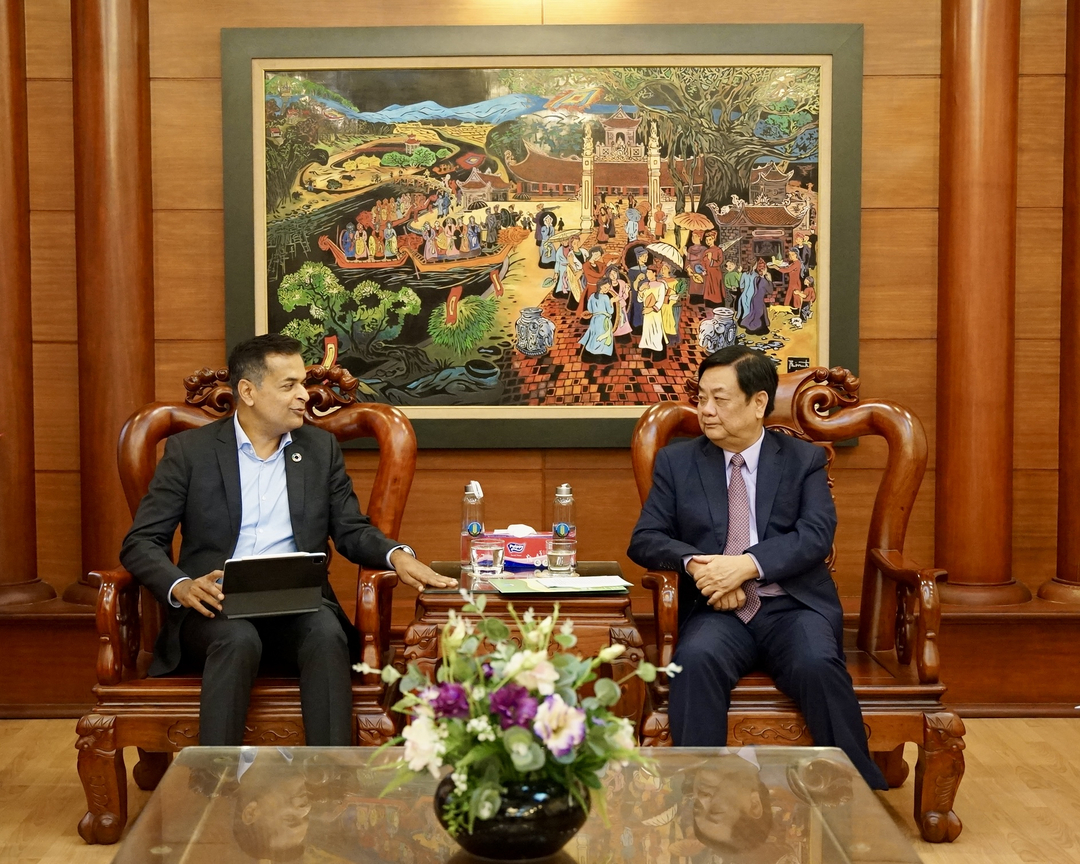
Minister of Agriculture and Rural Development Le Minh Hoan (right) received and worked with Mr. Binu Jacob, CEO of Nestlé Vietnam. Photo: Linh Linh.
On March 15, MARD Minister Le Minh Hoan received and met with Mr. Binu Jacob, CEO of Nestle Vietnam, discussing the partnership aiming to elevate the value of Vietnamese agro products, including coffee.
Mr. Binu Jacob shared that for Nestle, Vietnam was the largest source of coffee. "We buy almost 35% of the global coffee acquirement from Vietnam. And annually Nestle acquires around 20-25% of the total amount of coffee grown in Vietnam. As a result, for Vietnam to do well is important to Nestle and for Nestle to do well is important for Vietnam. It is a strong partnership", stressed Mr. Bino Jacob.
According to Nestle Vietnam representative, the company has expanded its coffee production plant in Vietnam with a total additional investment of USD 132 million. The investment and upscale have fostered the improvement of coffee value in Vietnam thanks to the promotion of coffee products exported besides green coffee beans to Nestle Group's markets all over the world.
Nestlé Vietnam has collaborated with the Ministry of Agriculture and Rural Development, the Central Highlands Agro-Forestry Science and Technology Institute, and the Provincial Agricultural Extension Center in Vietnam since 2011 to support coffee farmers in their transformation journey through the Nescafe Plan project. The initiative has had a substantial beneficial socioeconomic and environmental impact during the last decade.
Minister Le Minh welcomed Nestlé's support and initiatives in the coffee industry, among others. He hoped that Nestlé Vietnam and its partners would continue to help the coffee sector through global initiatives to promote the added value and raise farmers' income.
"We expect coffee farmers' earnings to be appropriate with the effort they put into this product chain," stated the Minister, underlining that the sustainability of the coffee business, like any other, stems from the first producers, who are farmers, farmers groups, and cooperatives.
Mr. Le Minh Hoan thought that it was critical to increase farmers' ability in commodity sectors to produce value, high productivity, and equal involvement of farmers and other value chain partners. Yet, this is incredibly challenging given that agricultural output in Vietnam is still scattered, small, and disorganized. As a result, the Ministry urges Nestlé's cooperation to support more programs so that farmer groups and cooperatives may actually become a basis in a product chain.
"We expect Nestlé to have more initiatives on circular agriculture for industries such as coffee, possibly through Nestlé's research in collaboration with institutes and schools under the Ministry of Agriculture and Rural Development so that waste from coffee can become biomass products, the input of other industries," Minister Le Minh Hoan suggested.
Aside from the coffee trade, the Minister requested that Nestlé do research and give technical assistance to cooperative units and small farmers to engage in the circular economy sector in order to create more employment and enhance farmer income.
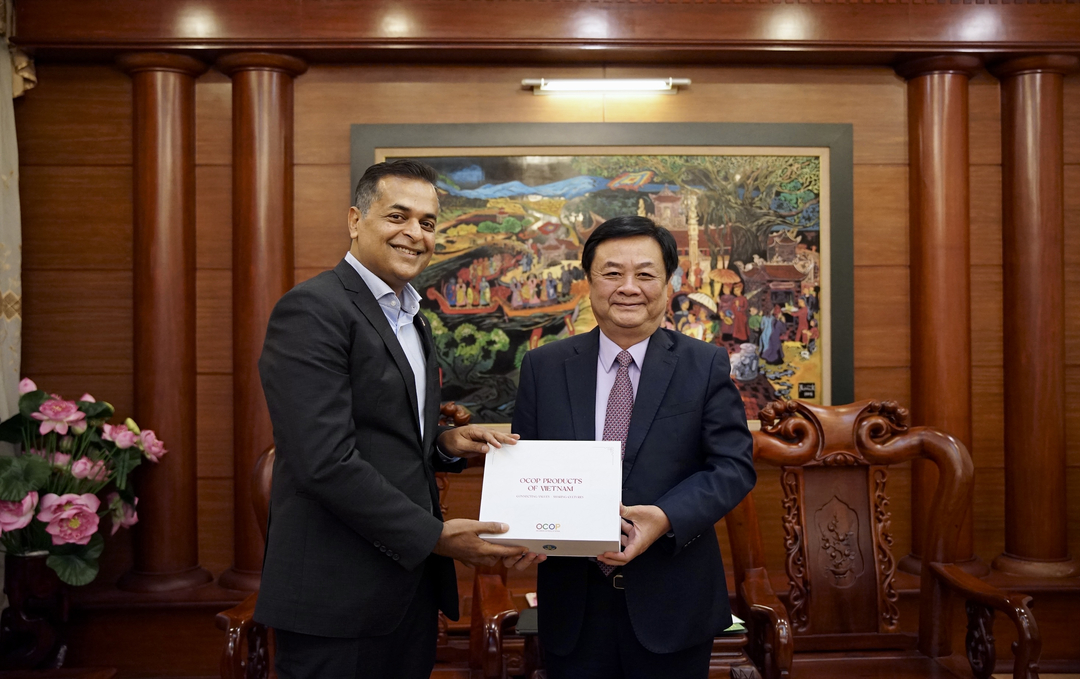
Minister Le Minh Hoan (right) presents an OCOP gift to Mr. Binu Jacob, CEO of Nestlé Vietnam. Photo: Linh Linh.
Furthermore, Ministry of Agriculture and Rural Development leaders suggested that Nestlé collaborates with the National Center for Agricultural Extension, women's organizations, and ethnic minority organizations to develop official and overall programs to improve the capacity and participation of women and ethnic minorities in the coffee sector fund, thereby increasing the sustainability of Vietnamese coffee.
He asked Nestlé to join the national coffee initiative in order to promote Vietnamese coffee culture.
Mr. Binu Jacob of Nestlé Vietnam stated that the overall value of the company's coffee imports from Vietnam reached USD 1 billion in the previous year, and the export value of processed goods was USD 150 million last year, and USD 200 million this year. Further investment and upgrading of manufacturing lines are likely to boost the value in the next years.
He stated that one of the aims for the two sides should be to improve the image of Vietnamese coffee, shifting from raw coffee exports to raising the value of Made-in-Vietnam goods.
Mr. Jacob requested that the two parties sign a Memorandum of Understanding (MOU) collaboration agreement to increase the role of the coffee sector, particularly within the framework of the Partnership for Sustainable Development of Agriculture in Vietnam (PSAV). Partnership operations will center on transferring technology to minimize agricultural emissions and assisting farmers in transforming...
Translated by Dieu Linh
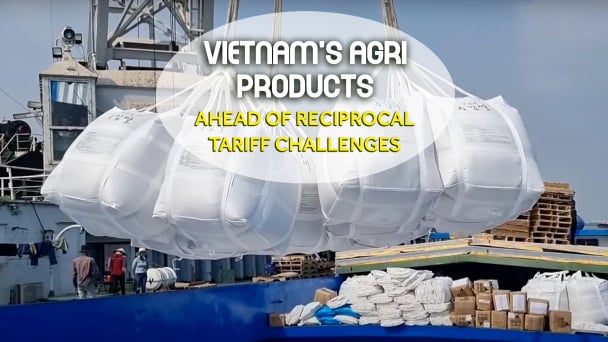
(VAN) Businesses in Vietnam are attempting to export rice to the United States ahead of the implementation of reciprocal tariffs, while remaining their optimism regarding this critical market.
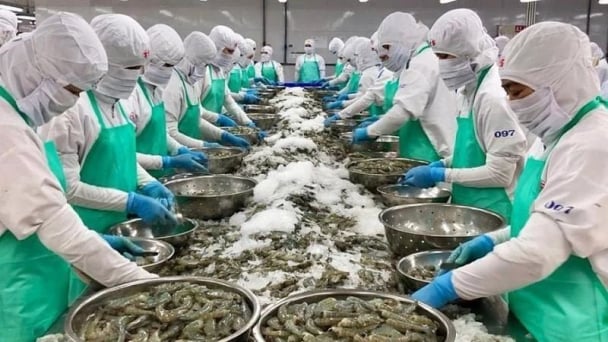
(VAN) From containers of cashew nuts, shrimp to in-depth technical dialogues, agricultural cooperation between Vietnam and the United States is entering a period of sustainable and two-way development.
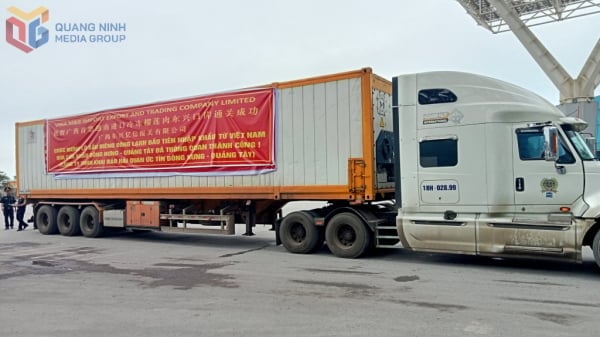
(VAN) After the talks on May 28, Vietnam successfully exported its first batch of frozen durians to China, marking a new milestone in agricultural trade cooperation between the two countries.
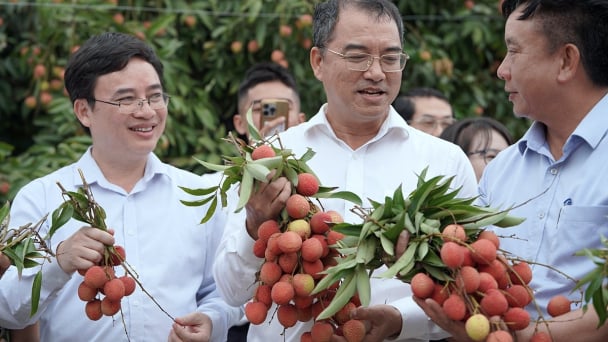
(VAN) Several major companies, such as Red Dragon and Ameii Vietnam, have signed purchasing agreements for the 2025 season, targeting markets including Japan, the United States, and the EU.
/2025/05/30/5010-5-173638_943.jpg)
(VAN) On May 29, at the GO! My Tho Trading Center, the Tien Giang Department of Industry and Trade, in collaboration with Central Retail Corporation, held the opening ceremony of the 3rd Fruit Festival 2025.
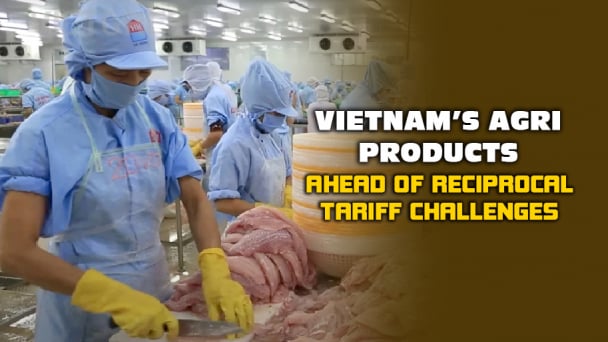
(VAN) Reciprocal tariffs are exerting pressure on U.S. exports, prompting Vietnamese firms to shift their focus to Muslim markets, Thailand, and Brazil.
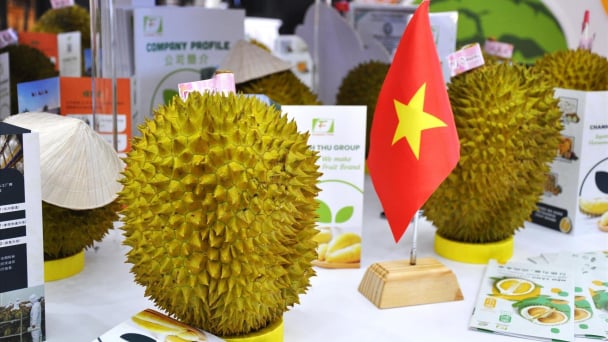
(VAN) A free booth for two years at Xinfadi, Beijing's largest wholesale market, will be allocated to Vietnam's agricultural products.